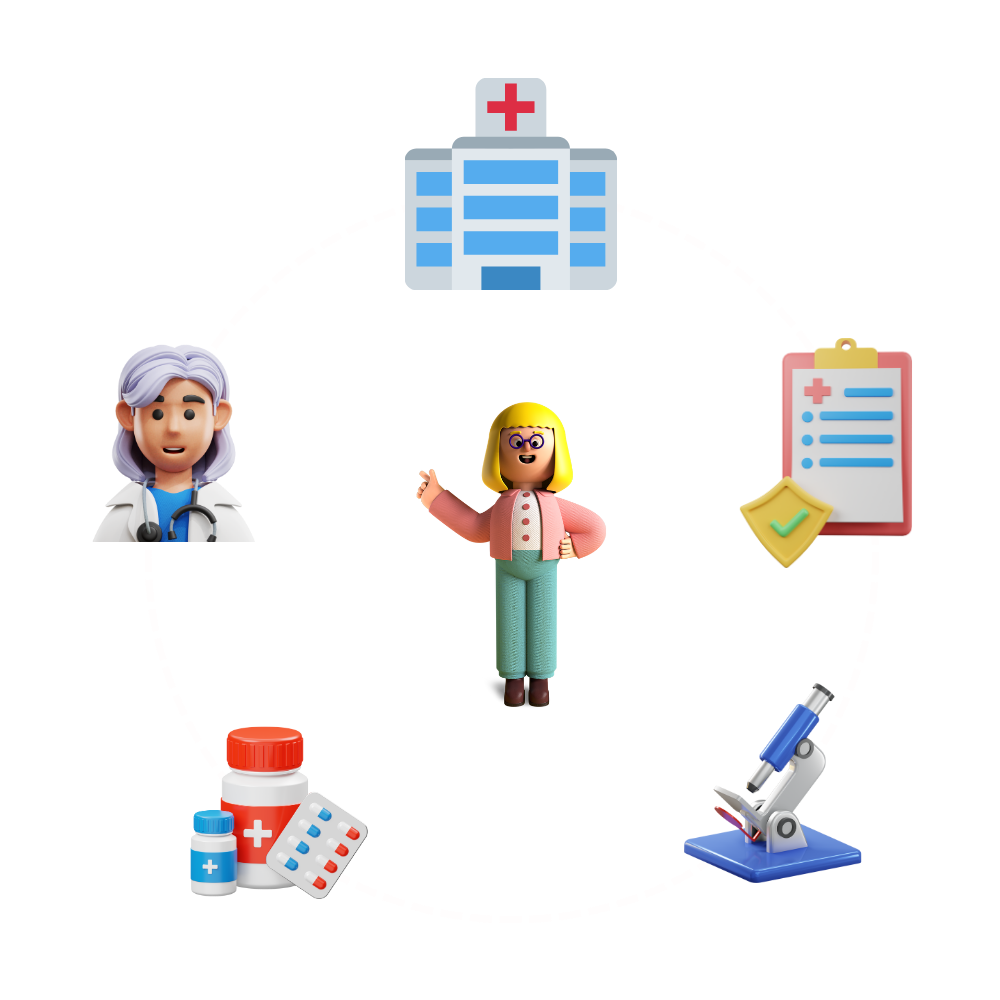The classification of minor surgery can vary depending on the surgical procedure, the location of the procedure, and the individual's perspective. In general, minor surgery refers to procedures that are less invasive, do not require a large incision, and have a shorter recovery period compared to major surgery.
Some examples of minor surgeries include:
- Skin surgery: mole and cyst removal, skin biopsies
- Endoscopy: colonoscopy, bronchoscopy, esophagoscopy
- Cataract surgery
- Vasectomy
- Dilation and curettage (D&C)
- Carpal Tunnel Release
- Tonsillectomy
- Laryngeal surgery
- Rhinoplasty
- Breast surgery such as breast augmentation, reduction, or lift
It's important to note that some procedures that may be considered minor, such as mole removal, may not be considered minor for others, such as cancer patients.
Also, some procedures that are considered minor in one context, such as endoscopy, may not be considered minor in another context, such as endoscopic surgery. Therefore, it's best to speak with your doctor to understand what to expect from your specific surgery.
 Drlogy
Drlogy




